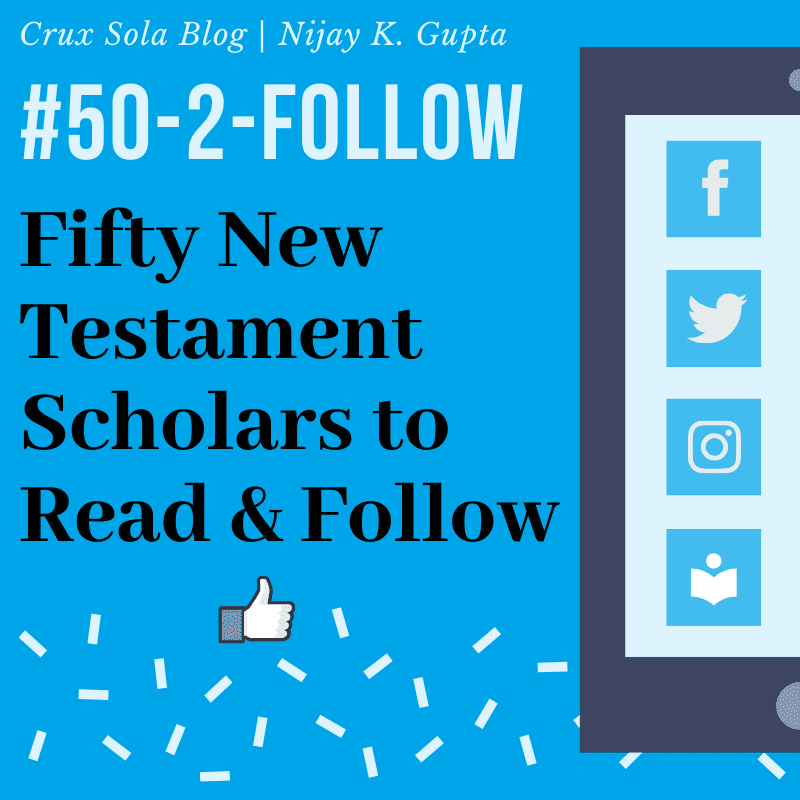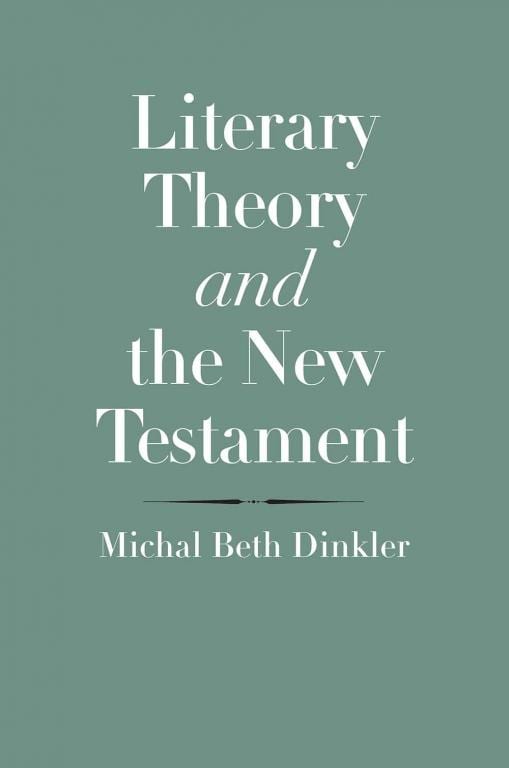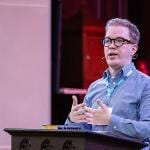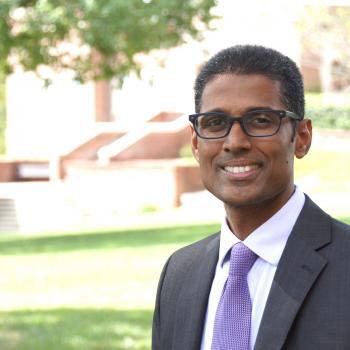This blog series spotlights 50 NT scholars and their research. The goal of this series is to introduce readers to a wider circle of scholarship than they have encountered before. The majority of people on this list are early or mid-career NT scholars who are doing great research and writing.

Introducing:
 Dr. Michal Beth Dinkler
Dr. Michal Beth Dinkler
Associate Professor of New Testament
Yale Divinity School
Explain why you love teaching and/or writing, and why it brings you vocational satisfaction.
I know this sounds dramatic, but I mean it: When I’m not writing, I’m not well. Writing is how I discover what I think. It leads, for me, to what the Greeks called eudaimonia – being well-guided by a creative spirit – which is deeper than our idea of happiness and more akin to flourishing, or blossoming in flow. Since the focus of my writing is New Testament literature, I spend my days contemplating the great enigmas of life: truth, beauty, justice, meaning. The fact that I get to share my musings with students, who trust me enough to enter into true dialogue – and who then go on to change the world – is an undeserved and unreserved privilege. This is quite simply, as my former professor Bob Gregg says, “a wonderful way to spend a life.”
What is one “big idea,” emphasis, or theme in your scholarship that you hope impacts the way students and scholars read and understand the NT?
The New Testament is not one book, but a remarkably diverse library of ancient texts written by the earliest followers of Jesus. My scholarship explores how literary theory – the study of human meaning-making through written poetry and prose – can improve our understandings and uses of these complex texts in today’s world. More specifically, I’m fascinated by the power of narrative. In my work, I ask my students and colleagues to think with me about how the way early Christian stories are told matters just as much as what they are telling.
Who is your academic hero and why?
I strive always to emulate my doctoral advisor, François Bovon. By all objective measurements, Prof. Bovon reached the height of academic success, but his true greatness was in the fact that he did so with immeasurable passion and patience, integrity and humility. I am most inspired by the private moments of humanity that he shared with his students and colleagues – moments of kindness and generosity that cannot be counted and are not recorded on a CV. Those are the moments between a teacher and student that really matter because they are moments of transformation, instances of grace. His was a pedagogy of the soul.
Name 3 NT or Biblical Studies academic books that were formative for you as a student.
Read Dinker’s Work Online
Lots of great essays on her ACADEMIA page!
If you ran into me at SBL, and you didn’t want to talk about New Testament studies, what would you want to talk about?
I’d probably regale you with funny stories about my kids (and ask about yours), whatever novel or memoir I’m currently lost in, or my obsession with my Peloton.
What is a research/writing project you are working on right now that you are excited about?
I’m writing a book about reading early Christian narratives as rhetoric (Cambridge University Press). Ancient thinkers were keenly aware that storytelling is its own form of persuasion, so I don’t think the longstanding division in our field between rhetorical criticism and narrative criticism would have made any sense to them. As I write, I’m excited to be thinking more carefully about how early Christian stories worked (and continue to work) to exert influence and transform audiences.













